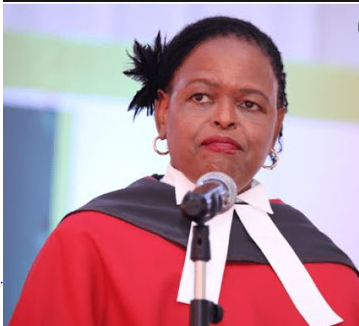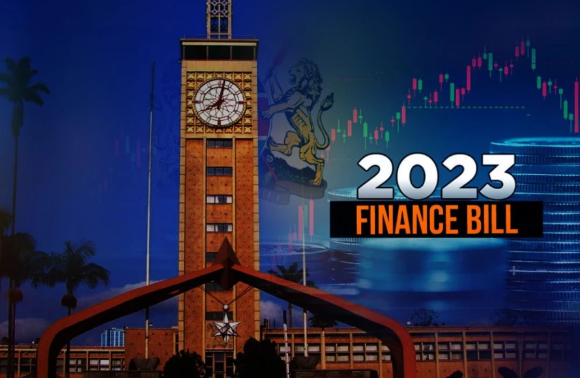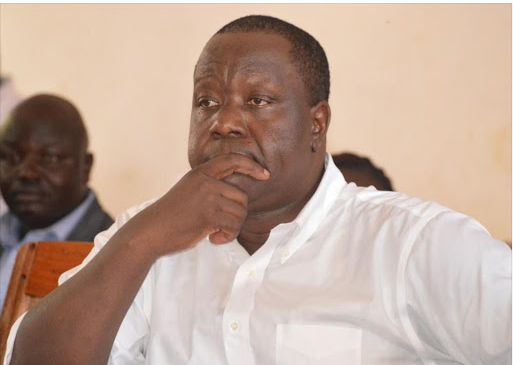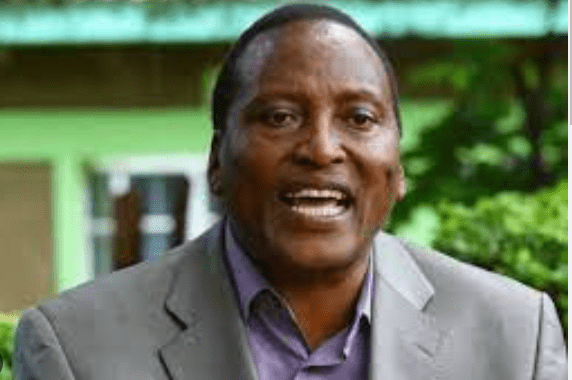Reason Why Supreme Court Changed Venue For Hearing Raila’s Election Petition

The presidential election petition hearing at the Supreme Court building in Nairobi’s central business district has been discontinued by the Kenyan Supreme Court.
The presidential election petition hearing and decision-making process took place in 2013 and 2017 in the Supreme Court Building.
The appeal for this year’s presidential election will be heard by Supreme Court justices at a designated location at the Milimani Law courts in Upperhill, according to reports from Citizen TV and KTN.
Justice Isaac Lenaola of the Supreme Court oversaw the preparations for receiving election petitions on Tuesday.
“Usually the Supreme Court sits in Nairobi CBD but this year they saw it fit to set up the court at the Milimani Law Courts. It is likely due to the space and the pandemic is still with us,” Citizen TV’s Dzuya Walter said.
As election losers put together their legal teams, the Judiciary has already stationed employees in the Milimani Law Courts to handle the workload that is anticipated to begin pouring in.
The venue has a tent reserved for the attorneys and reporters who will be following the case.
The Supreme Court justices will take their seats in a different room of the Milimani Law Courts structure.
The presidential candidate for Azimo la Umoja has already said that he will appeal Wafula Chebukati’s pronouncement of William Ruto as the winner to the Supreme Court.
The Judiciary has released a paper that details the procedure for contesting the presidential election results in preparation for receiving an election petition.
Within seven days of the date the winner is declared, Odinga must submit his petition contesting the outcome.
After being served, the petition will have a four-day response period from the Ruto and a 24-hour reply period from the Raila.
A rebuttal could address any new information that the winner’s submissions brought up.
Each party will have two days to petition the courts to issue certain orders that will support their claims by directing or forbidding certain actions.

 The Road to Victory: President Ruto’s Triumph in the August 2022 General Election
The Road to Victory: President Ruto’s Triumph in the August 2022 General Election  Finance Bill 2023- The Benefits
Finance Bill 2023- The Benefits  How Small Businesses Can Use AI to Increase Sales In Kenya
How Small Businesses Can Use AI to Increase Sales In Kenya  Not Today; Matiang’i’s Lawyer Says His Client Will Not Appear Before DCI Today
Not Today; Matiang’i’s Lawyer Says His Client Will Not Appear Before DCI Today  Senator Onyonka Urges President Ruto To Be Careful On How He Handles Matiang’i’s Case
Senator Onyonka Urges President Ruto To Be Careful On How He Handles Matiang’i’s Case  Form One Student Beaten To Death By Teachers Over Alleged Physics Exam Cheating
Form One Student Beaten To Death By Teachers Over Alleged Physics Exam Cheating